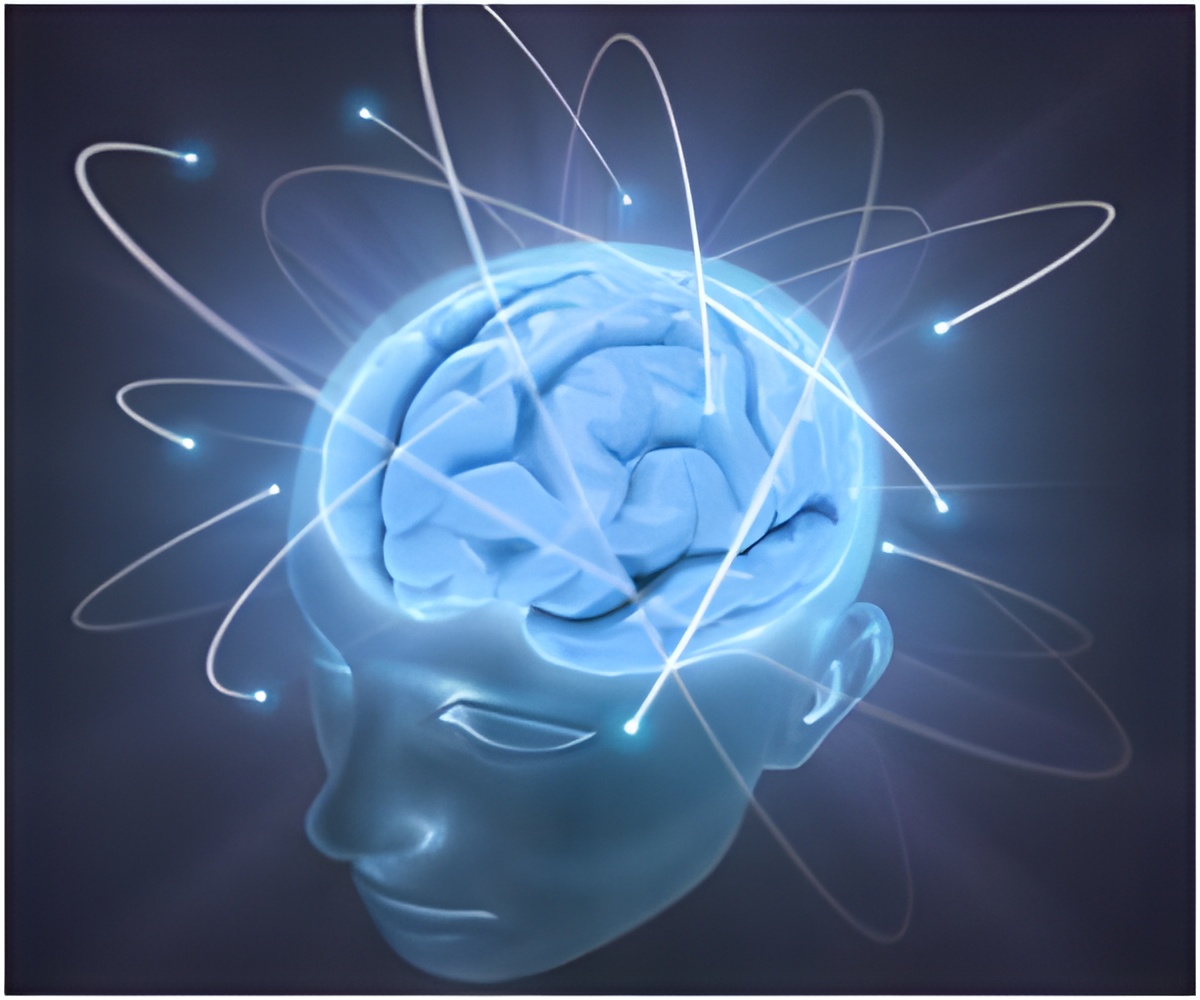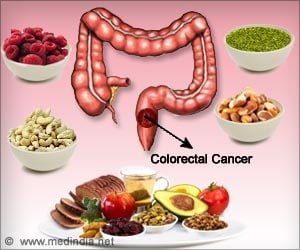Physicians generally consider the intellectual disability like Kabuki syndrome to be irreversible but low carb diet helps reverse the condition.

- Very low carbohydrate diet can be a potential treatment for memory and other intellectual losses seen in people with Kabuki syndrome.
- Kabuki syndrome causes distinctive //facial features, seizures, an unusually small head size and weak muscles.
People with Kabuki syndrome have developmental delay and intellectual disability that range from mild to severe. Affected individuals may also have seizures, an unusually small head size or microcephaly, weak muscle tone or hypotonia. Some have eye problems such as rapid, involuntary eye movements or nystagmus and eyes that do not look in the same direction or strabismus.
The findings also suggest a new way of thinking about a category of genetic diseases known as Mendelian disorders of the epigenetic machinery. In these disorders, a genetic mutation causes errors in chemical tags on DNA or associated proteins, which in turn affect the rate at which DNA makes other proteins.
"Mendelian disorders of the epigenetic machinery affect how cells package and use DNA, so they tend to have complicated and far-reaching effects," says lead investigator Hans Bjornsson, M.D., Ph.D., assistant professor of pediatrics and genetics in the Johns Hopkins University School of Medicine's McKusick-Nathans Institute of Genetic Medicine.
"Finding a way to ease some of the symptoms in this group of rare disorders suggests that other such inherited disorders of the histone protein machinery may be treated in a similar manner."
Bjornsson, who heads the McKusick-Nathans Epigenetics and Chromatin Clinic, found that the mutations that lead to Kabuki syndrome cause an imbalance between chromatin's open and closed states, and that correcting that imbalance might alleviate some intellectually disabling symptoms of the condition.
In their experiments, the researchers compared mice given the ketogenic diet to mice fed a normal diet and to those injected with BHB. Compared with their untreated counterparts, both groups of treated mice grew more new brain cells in an area called the granule cell layer of the dentate gyrus, which is associated with the ability to learn and form new memories.
Physicians generally consider the intellectual disability that accompanies disorders like Kabuki syndrome to be irreversible, Bjornsson notes. "But we now know that new brain cells continue to form throughout our lives. If Kabuki syndrome and related disorders cause fewer neurons to be made in adulthood, stimulating neuronal growth may be an effective strategy for treating intellectual disability," he says.
Bjornsson cautions that the diet and BHB supplements have not yet been tested in people with Kabuki and those studies need to be done before any conclusions can be drawn about their effectiveness.
"We want to make sure we have good metrics in place before we try to test the diet in patients, so that we can see whether it makes a meaningful difference for them," he says. "We hope to begin a clinical trial in a few years."
Reference
- Hans Bjornsson, et al., A ketogenic diet rescues hippocampal memory defects in a mouse model of Kabuki syndrome, Proceedings of the National Academy of Sciences (2016), www.pnas.org/cgi/doi/10.1073/pnas.1611431114.
- https://ghr.nlm.nih.gov/condition/kabuki-syndrome
- https://rarediseases.org/rare-diseases/kabuki-syndrome.
Source-Medindia















